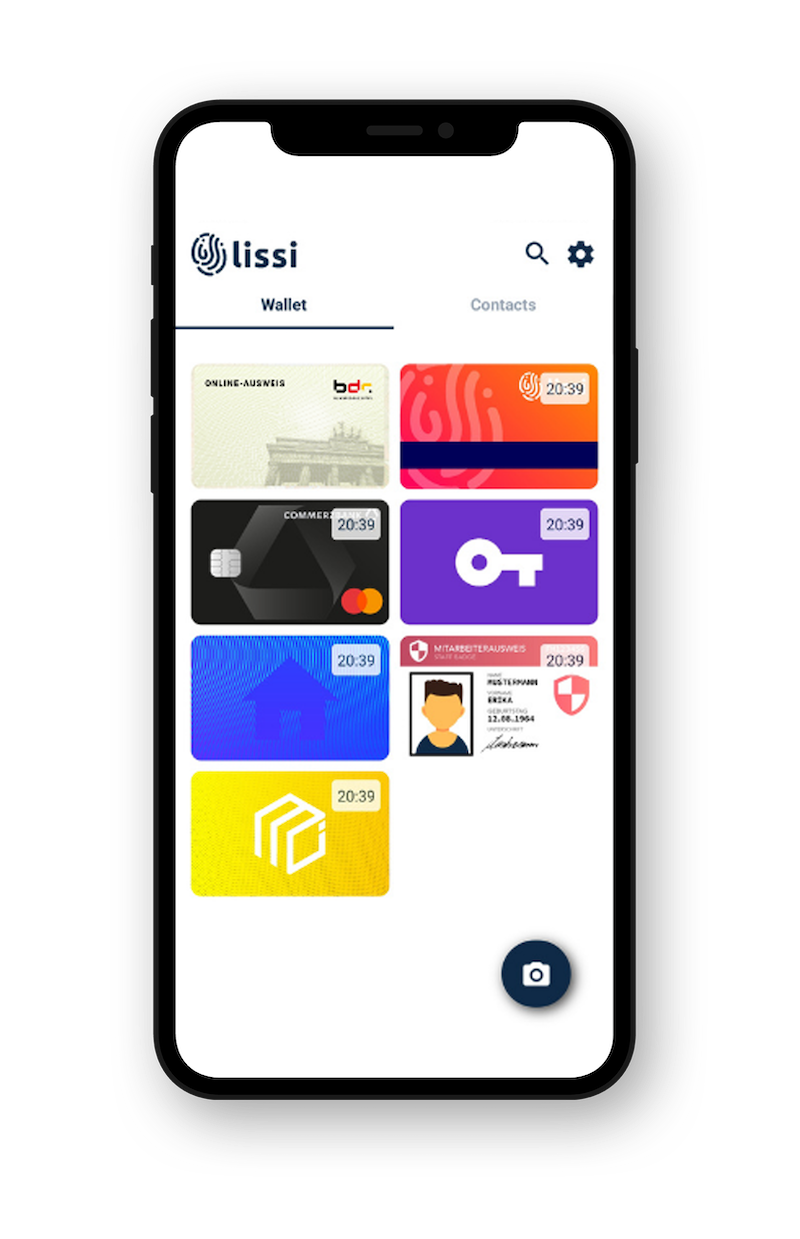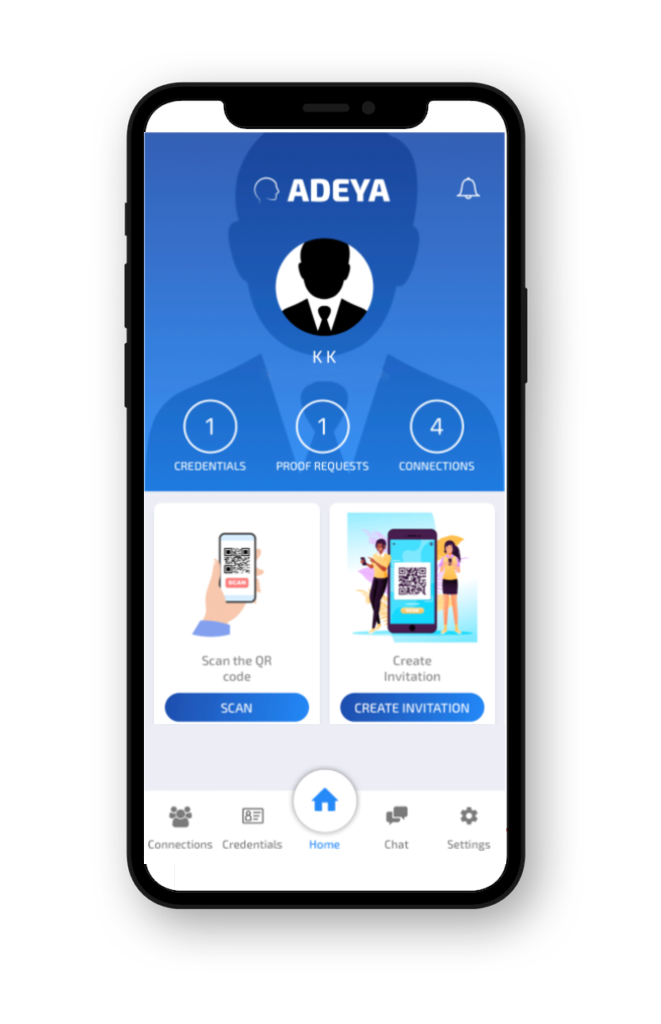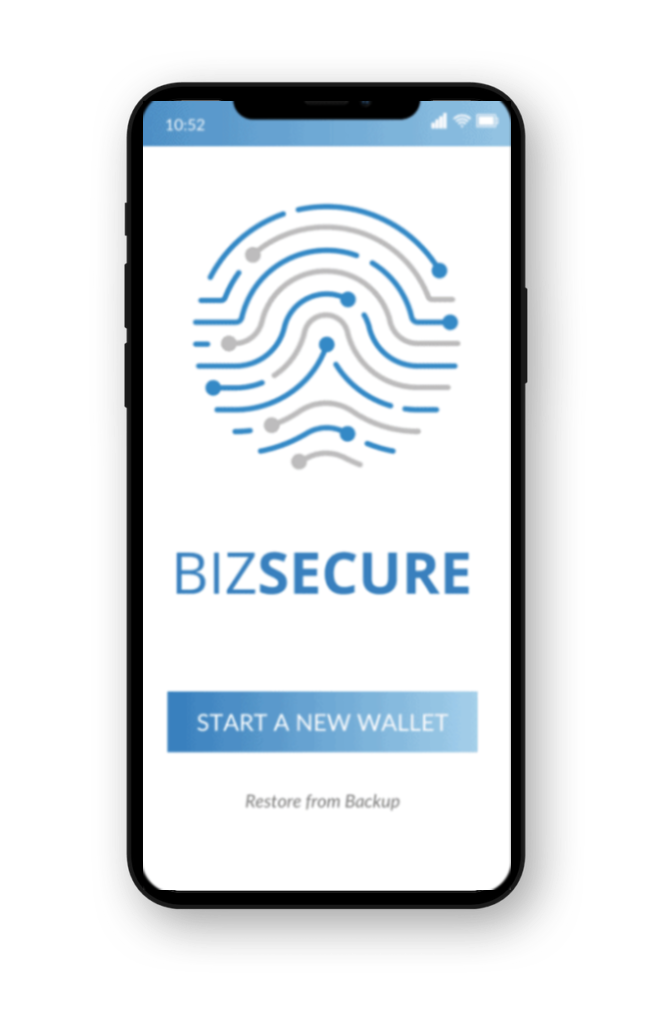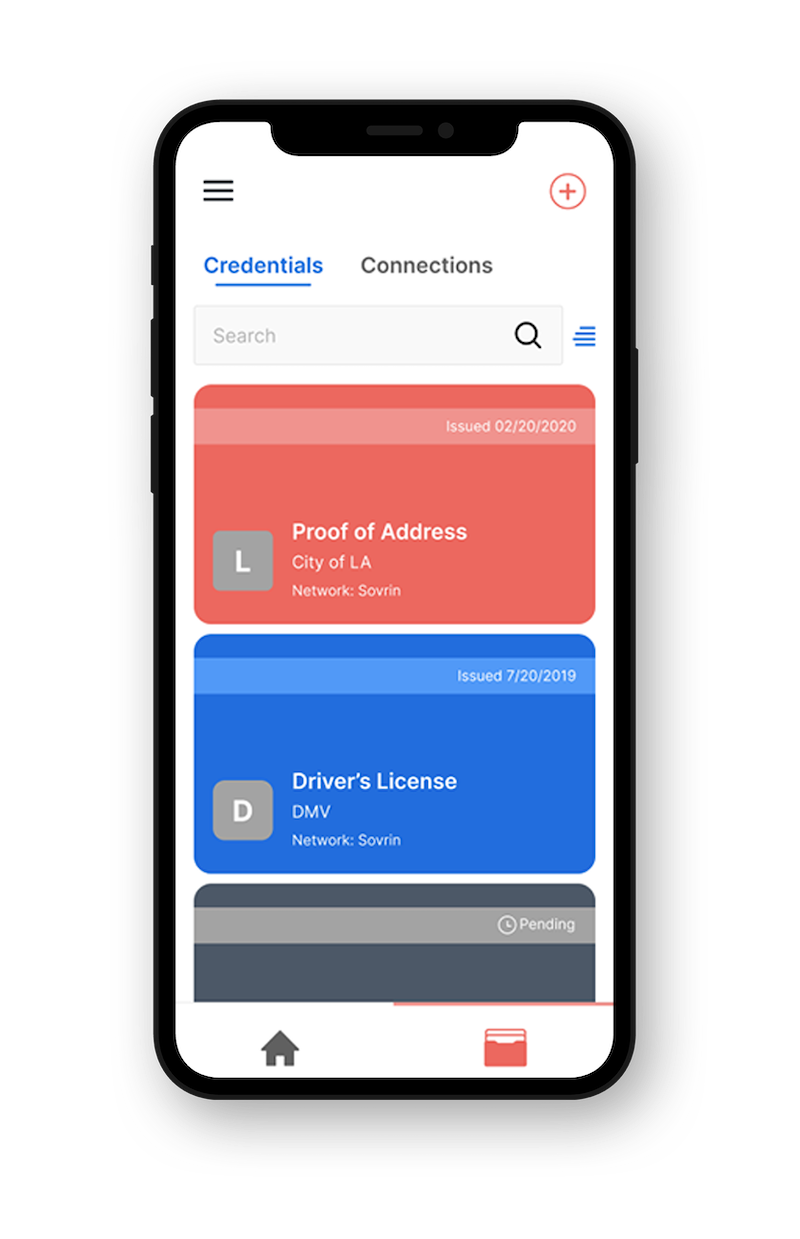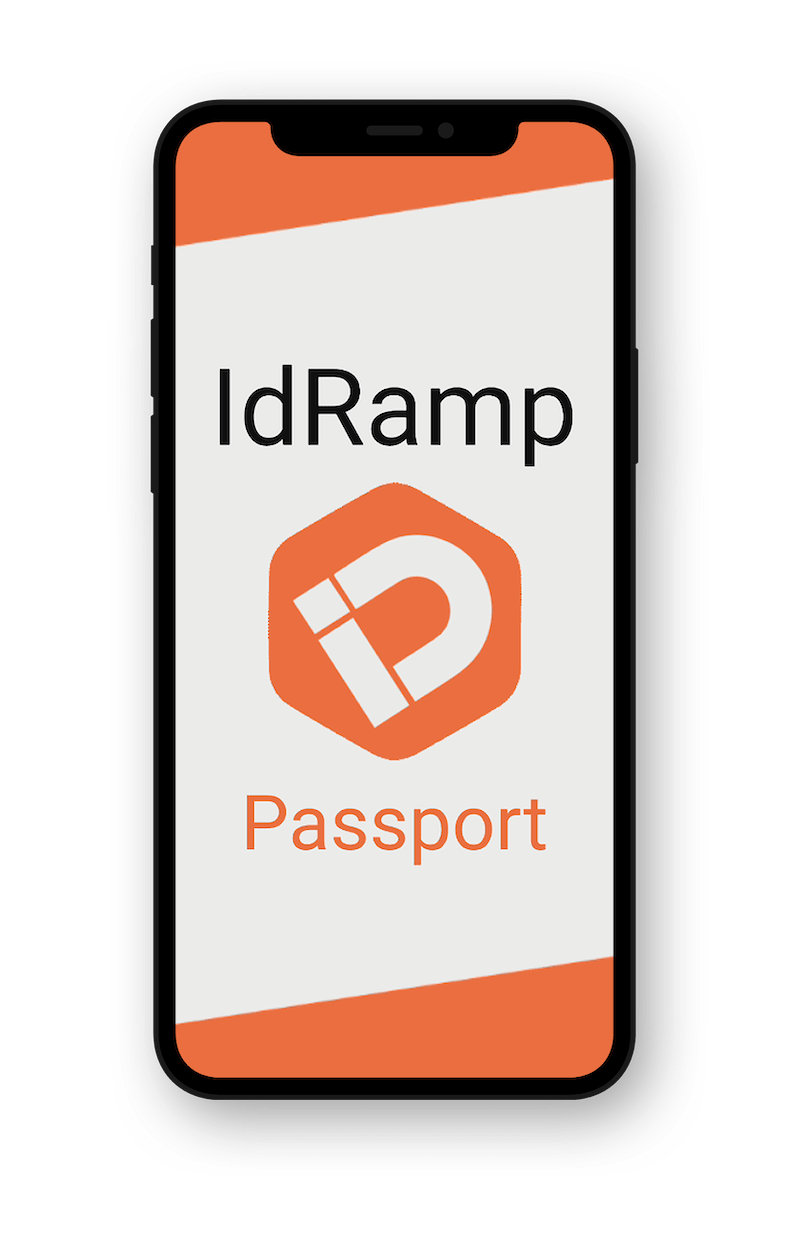Maturity and universality are now the goals
By Ken Ebert
Since the launch of Indicio two years ago, we have focused on identifying and filling in the gaps in decentralized identity technology that limited its functionality. Launching an open-source mobile agent and developing machine-readable governance were critical to delivering real-world solutions. As we saw how these solutions worked to solve problems, we came to understand how these components worked in concert to deliver what we now call a Trusted Digital Ecosystem. A Trusted Digital Ecosystem is our shorthand for the simultaneous impact of decentralized identity technology on authentication, communication, governance, privacy, and security.
A Trusted Digital Ecosystem can be simple—indeed, as we advise our customers, it’s always better to start by solving the simplest use case first, see how the technology works, and then expand. Therefore, having a core set of interoperable components is essential. They can be arranged to manage increasingly complex interactions in any kind of informational ecosystem, and to facilitate interaction across ecosystems.
Technology stack: From basic to universal
Our new funding will be used to refine the open-source, decentralized-identity technology stack. We have the basic technology for a functional ecosystem, now we improve that functionality by adding all the features, user interfaces, and management tools that make it easier to deploy, use, and monitor. We will add new engineering team members to help design, implement, and test this new software.
These engineering efforts will synergize with Indicio’s future technology roadmap which will focus on expanding the adoption of Trusted Digital Ecosystems in the marketplace. Our goal is for Trusted Digital Ecosystems to serve as complete solutions in many vertical markets and to be as easy to deploy as they are easy to use.
Continuing our open-source community support
The new funding will also enable us to continue and extend our work with the open-source community by providing leadership to working groups, code maintenance and review, and our own direct code contributions. We see open source as the key to both expanding decentralized identity and to continued innovation.
At the same time, and following on our successful training workshops for the Hyperledger Foundation, we believe that ongoing education is critical. We have created the most comprehensive, hands-on training available in decentralized identity, whether in the basics or in the more technical aspects of the stack, and we will continue to refine these offerings—as well as develop new courses focused on how to implement complete solutions.
Indicio has also pioneered “interop-a-thon” events, where companies and organizations come together to test their products and solutions for interoperability. With two interop-a-thons under our belt (hosted through the Cardea Project at Linux Foundation Public Health), we are more certain than ever of their importance to finding glitches, spurring adoption of standardized protocols, and fostering confidence in the technology.
Interop-a-thons also provide a chance to see the future potential of verifiable credential systems that are interoperable, where, for example, a credential issued by a government can be used in a wide variety of contexts and thereby gain in value to issuers, users, and verifiers alike. It’s one thing to claim this as a possibility; it’s another to see it happen.
We will devote more resources in the coming year to interop-a-thons because they are one of the clearest ways of visualizing the value of decentralized identity as a network of networks—and the clearest way to accelerate this happening.







